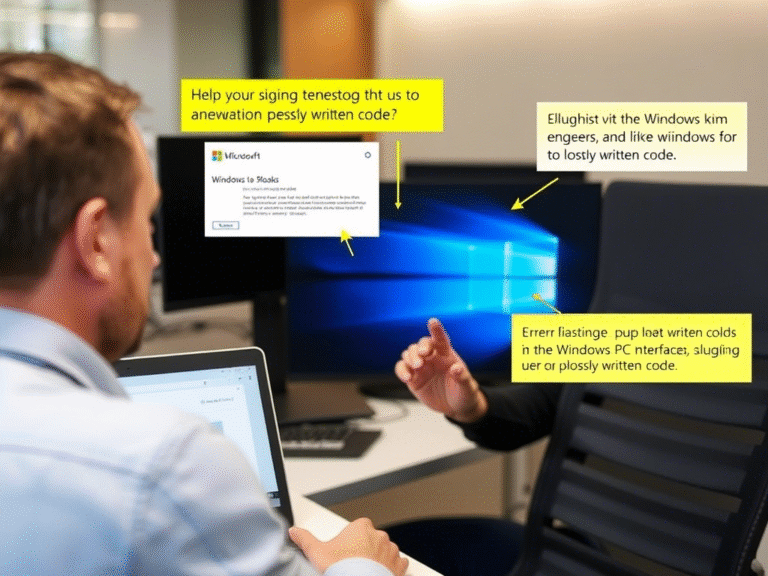
How the Metaverse Could Reshape the Future of Business
The word “metaverse” is everywhere these days. But what does it really mean for businesses? And should only tech or social media companies be paying attention?
According to industry leaders like Apple’s CEO Tim Cook, augmented reality (AR) and virtual experiences will soon become an essential part of our daily lives. While we may not be fully immersed in a metaverse world just yet, the groundwork is being laid — and companies need to start thinking about how they’ll adapt.
So, what exactly is the metaverse? It’s not a brand name or a single platform — it’s a concept. Think of it as the next evolution of the internet: a shared, immersive 3D space where people can interact, work, shop, learn, and play — all virtually.
It’s not new, either. The idea has been around for decades, with early attempts like Adobe Atmosphere showing glimpses of what was possible. Today, better technology — including faster internet, powerful processors, and improved 3D rendering — is finally making it feasible.
Microsoft recently announced plans to bring Microsoft 365 apps into Meta’s VR environment, signaling that major players are preparing for this shift. And with nearly half of Gen Z and millennials expecting to work in virtual environments within two years, the business case is becoming clearer.

4 Ways the Metaverse Will Impact Businesses
1. New Advertising Opportunities
Just like websites became essential when the web took off, the metaverse could soon offer new spaces for brands to connect with customers.
Imagine virtual storefronts, interactive ads inside digital worlds, or even branded events in immersive spaces. Companies that explore these opportunities early may gain a competitive edge.
2. Customer Engagement in Virtual Spaces
Consumers now expect brands to respond quickly on social media. In the future, they may also expect interaction in virtual environments.
As more people spend time in online communities and games, businesses will need to meet them there — offering support, guidance, and services in these emerging platforms.
3. Enhanced Employee Training
One of the most promising applications of the metaverse is in training. Virtual simulations allow employees to practice complex tasks in a safe, controlled environment — whether it’s operating machinery, handling customer service scenarios, or performing medical procedures.
This kind of immersive learning can reduce risk, speed up skill development, and improve outcomes across industries.
4. Immersive Remote Collaboration
Virtual meetings have become the norm since the pandemic. But imagine taking those meetings a step further — walking through a 3D office design, collaborating on a product prototype, or joining a team meeting as an avatar in a virtual workspace.
With Microsoft and others already building tools to bring productivity apps into VR, remote work could become more engaging and effective than ever before.
Final Thoughts
The metaverse isn’t science fiction anymore — it’s a growing trend that businesses can’t afford to ignore. Whether it affects your marketing strategy, customer engagement, employee training, or collaboration tools, the impact is coming.
Now is the time to start exploring how your company can prepare and benefit from this next digital transformation.
Need Help Preparing Your Business for the Metaverse Era?
We help companies understand and implement emerging technologies in practical, impactful ways. Contact us today to schedule a consultation and start planning your future in the metaverse.





